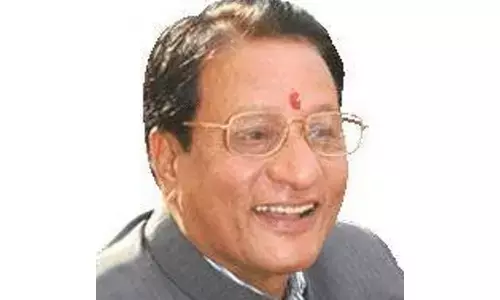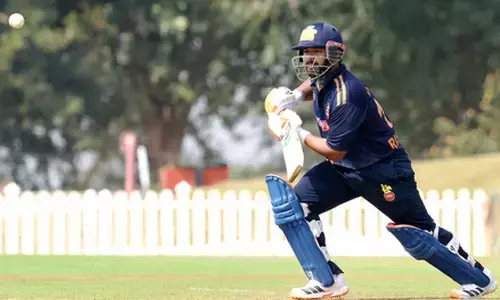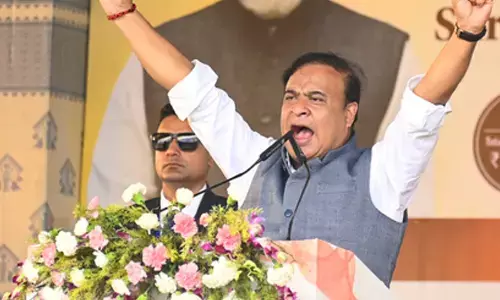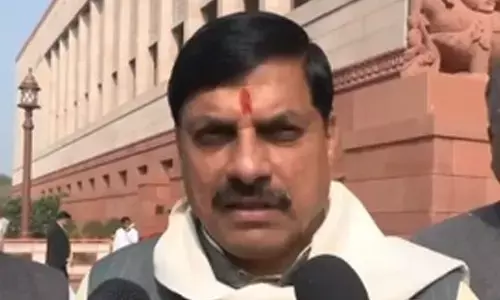Govt pleads for APNGOs in court

Taking a clear stance that government is not opposed to ongoing protests for Samaikyandhra, the State government on Tuesday told the AP High Court that the writ petition questioning the APNGOs strike warrants rejection.
Urges HC to reject plea against strike
- Govt pleader retracts when judge asks him to file a counter
- further hearing on Ganesh ‘nimmajjan’ day
Hyderabad: Taking a clear stance that government is not opposed to ongoing protests for Samaikyandhra, the State government on Tuesday told the AP High Court that the writ petition questioning the APNGOs strike warrants rejection. The division bench comprising Chief Justice Kalyan Jyoti Sengupta and Justice KC Bhanu will continue to hear the matter on Wednesday going against the practice of suspension of work on Ganesh Visarjan day.
The bench is dealing with a PIL questioning the State government inaction against the government employees going on what is perceived as a political agitation. The State government which initially had asked the High Court to dismiss the writ petition questioning the APNGOs strike was put on a back foot with consistent questioning by the judges.
At one stage, the Chief Justice asked the government pleader to file a counter plea seeking dismissal of the writ petition and wondered if that was the stance of the government. The government pleader replied that he wanted time for it. And when the bench made clear that time would be granted, but by imposing Rs 2 lakh per day, the government pleader changed his line of argument and said that the prayer for dismissal of writ petition be ignored and “an appropriate order be passed”.
On a pointed question, the government replied in the negative on implementing the decade-old Government Order of ’no work no pay’. Earlier, Satyam Reddy, senior counsel appearing for the petitioner, pointed out to the specific provision that bans government employees from going on strike. Once there are prohibitive rules it is bound to be implemented and civil servants are bound to be apolitical, he said.
Satyam Reddy further argued that the rules must be read as power coupled with a duty and since the government has failed in performing its duty a writ of mandamus must be issued.
In his submissions to the court counsel for Samaikya Andhra, CV Mohan Reddy said that the prohibition in the service rules must be seen as being directory and not mandatory. In any event, he said that the PIL requires to be rejected for lack of bonafides and lack of proper pleadings. He also said that in any event the writ must fail for it is for the government to take a decision on whether or not it must take disciplinary action against its employees and the petitioner cannot ask for such a direction.














